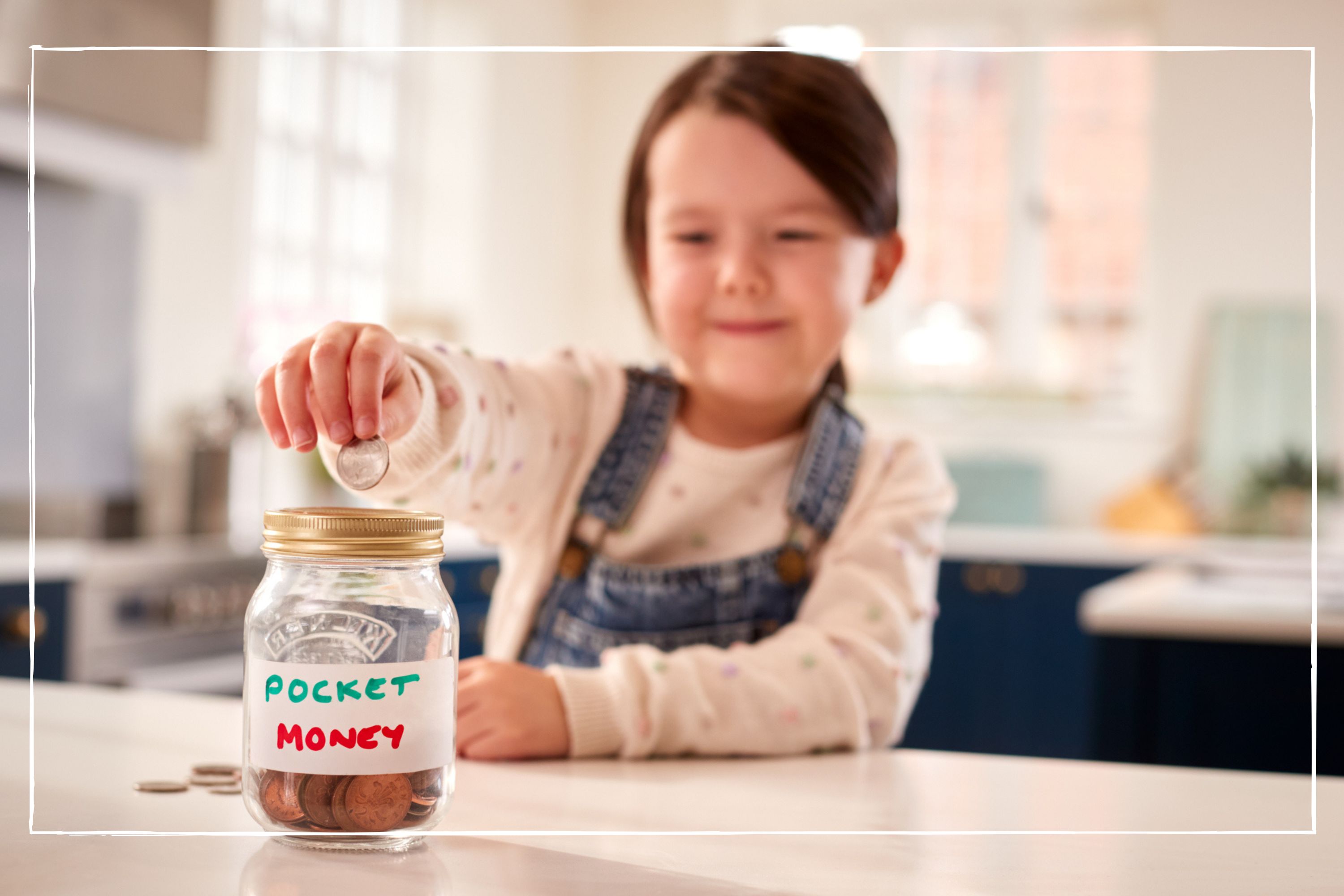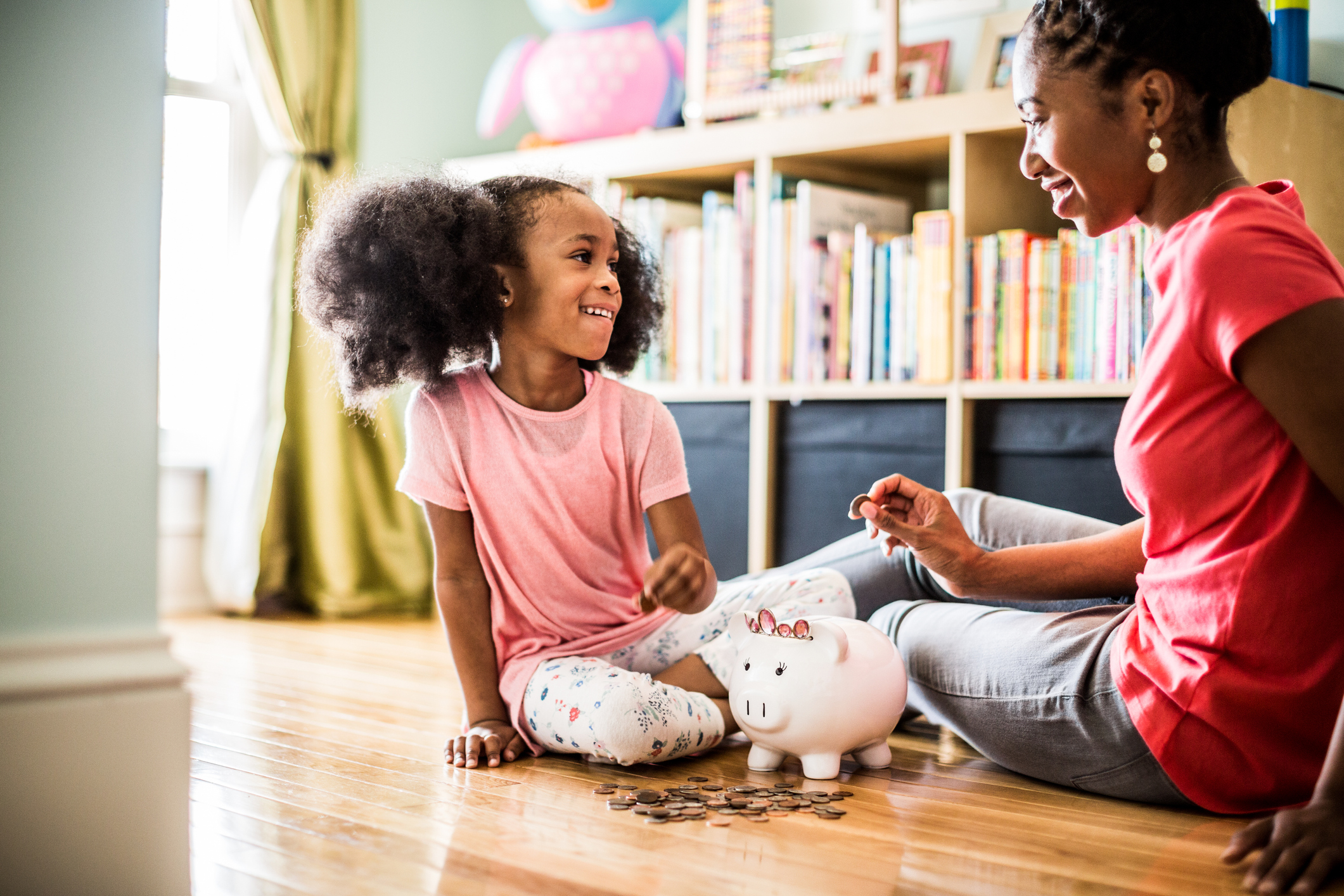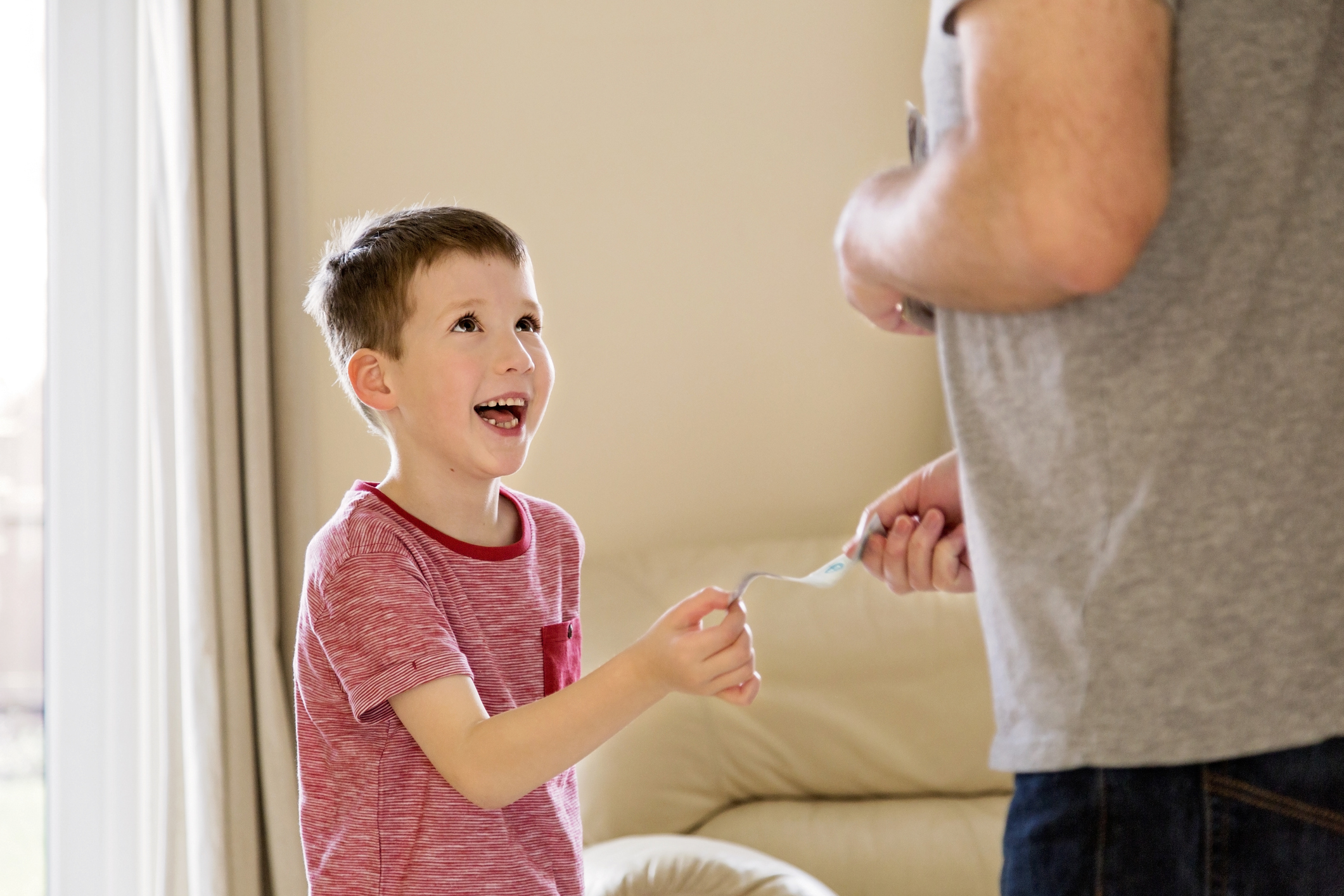
Pocket money can be a great way to teach children about the value of money and money management, but it has both its advantages and drawbacks.
Experts say giving your child an allowance can encourage them to take responsible decisions and build independence, and right now, teaching your kids about money has arguably never been more important.
You can also use a pocket money app to encourage your children to develop good money habits and then, as your offspring get older, you can look for the best bank accounts for kids.
Co-founder of money app GoHenry, Louise Hill, says: “It doesn't matter how much you give – it can be 5p or £5 – but the act of paying regular pocket money helps open up conversations around money, and gets children thinking about the four key pillars of money management: spending, saving, earning, and giving.
“You can help kids understand where it comes from; why it's important to save; that when it's gone, it's gone; and the role donating to people less fortunate plays in society. This is even more important as we move to a cashless society and children don’t see physical money exchanging hands in the way we used to.”
Pros of pocket money
According to GoHenry’s Youth Economy Report 2022, the average pocket money received by children in the UK is £7.62 a week. Most parents increase pocket money with age, with seven-year-olds typically receiving £3.52 a week, 10-year-olds £4.58 and 16-year-olds £13.32.
But regardless of the amount, there are numerous advantages to giving pocket money.
Parenting advice, hot topics, best buys and family finance tips delivered straight to your inbox.
1. It teaches children about money management
Having a set weekly allowance will help your children learn to prioritise and budget for the things they want. It will also teach them that their supply of money is finite.
Claire Saunders, certified financial coach at Mint Coaching, says “Pocket money is usually the first opportunity children have to learn and understand the value of money and to navigate financial responsibility. By receiving regular pocket money, children can make choices as they learn how to save, budget, and make spending decisions.”
2. Children can learn about earning money
Understanding the link between money and work is a vital part of kids’ financial education. For young children who aren’t old enough to get a part-time job, paid tasks can be a good introduction to the world of work.
Some parents might also tie pocket money into rewarding good behaviour. Dani Kumrou, mum to 12-year-old Ellie-rose and user of GoHenry, says: “When Ellie-rose was really young we had a reward chart where she’d get stickers for doing things like putting her toys away, eating her fruits and vegetables, playing nicely and sharing with her friends. We would then give her pocket money so she could save up and buy a new toy. So, she learned from a really young age that good behaviour pays rewards, and you should always be good and kind.”
3. It can help get your kids in the savings habit
Parents should encourage children to save a proportion of their pocket money for future large purchases – this can teach them about delayed gratification. You can encourage them to save by paying ‘interest’ on the money they put aside, or matching their savings for specific items.
Dr Lily Canter, a journalist and mother-of-two, says: “I have been giving my boys pocket money from a young age. They both got it from age six and they get £1 a week. It has really helped them to understand the value of money. If they want a magazine, toy or treat for example they have to buy it.
“They both got savings accounts at seven and top this up with their pocket money regularly. My eldest bought himself a laptop at age eight with the money he had saved from pocket money and birthday money from relatives.”

4. Children can apply maths skills to everyday life
Unfortunately, personal finance isn’t widely taught in schools. But maths is. By giving your kids pocket money you can tie the two subjects together and show your children real life examples of maths at work.
With young children, this can mean helping them calculate how much they will have left after spending some of their money. For older children, you might increase their pocket money in line with inflation or by a percentage.
Cons of pocket money
While there are numerous benefits of pocket money, there are significant disadvantages that should be considered.
1. It can be hard to spare the cash
If you’re strapped for cash at the moment, you might struggle to fit pocket money into your household budget. You might also think twice about giving your kids money if you think they will just fritter it away.
If you don’t have much money to spare, don’t feel pressured to give your kids a large amount. Even a pound or two a week can give young children the feeling of independence.
2. Some children might waste their pocket money
Without the right advice about money, some children may spend it as soon as they get it, rather than saving. They might also spend it on the ‘wrong’ things.
“There’s potential for teenagers to spend their pocket money on unhealthy or risky purchases – think alcohol, cigarettes or excessive amounts of junk food. A good way to manage this is to open up an app or account such as GoHenry, Natwest Rooster or Revolut, rather than giving them cash,” says a MoneyExpert spokesperson, “This way, you’ll have a better idea of how their money is being spent, whilst still giving them the financial freedom they need to learn.”
3. Watch out for entitlement
If your child doesn’t have to work for their money, he or she might develop a sense of entitlement, rather than realising money has to be earned. This could be the case if you are particularly well-off or give your kids an above-average allowance.
Goodto.com's Money Editor Sarah Handley says: "While your intentions may be generous, if you give your children too much pocket money it could harm their long-term relationship with money. They could be less motivated to earn their own money in the long run, or not fully grasp the idea and sense of achievement of saving up for a bigger purchase."

4. Money can provoke jealousy
Most parents increase the amount of pocket money they give their child as they get older. But this means older siblings get more than younger children – which can cause tensions.
Jealousy around money can be even more tricky outside of your family. Can your child cope with having more or less money than their friends? If this is of concern, it could be helpful to ask around to find out the going rate for pocket money in your child’s class.
Should children have to earn their pocket money?
According to a study by Halifax, more than four in 10 (44%) parents think children should only get pocket money if they do chores. But, perhaps unsurprisingly, more than half of children (55%) feel they should be given money, regardless of whether they do anything to earn it.
“Some parents believe that chores are a natural part of family life, and children should contribute to the household without monetary incentives. Others think that paying children for doing chores teaches them the importance of hard work and responsibility,” says Claire at Mint Coaching.
“In our family, we have chosen not to link pocket money to chores, as we believe helping round the home is a responsibility for the whole family. However, we might choose to pay our children if they are doing a ‘job’, that is outside of what we consider to be regular chores, such as cleaning the car.”

Emma Lunn is a multi-award-winning journalist who specialises in personal finance and consumer issues. With more than 18 years of experience in personal finance, Emma has covered topics including all aspects of energy - from the energy price cap to prepayment meter tricks, as well as mortgages, banking, debt, budgeting, broadband, pensions and investments. Emma’s one of the most prolific freelance personal finance journalists with a back catalogue of work in newspapers such as The Guardian, The Independent, The Daily Telegraph, the Mail on Sunday and the Mirror.
